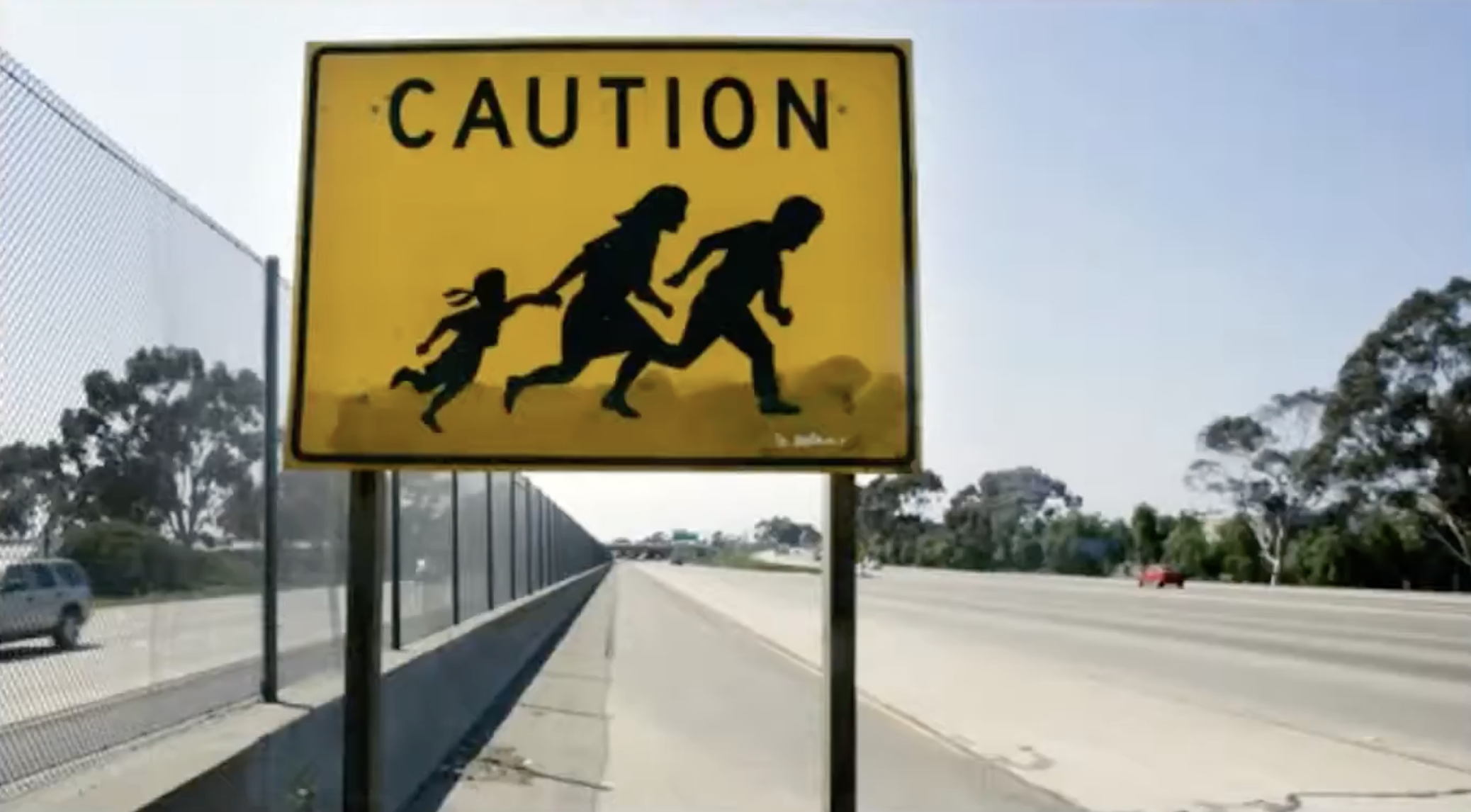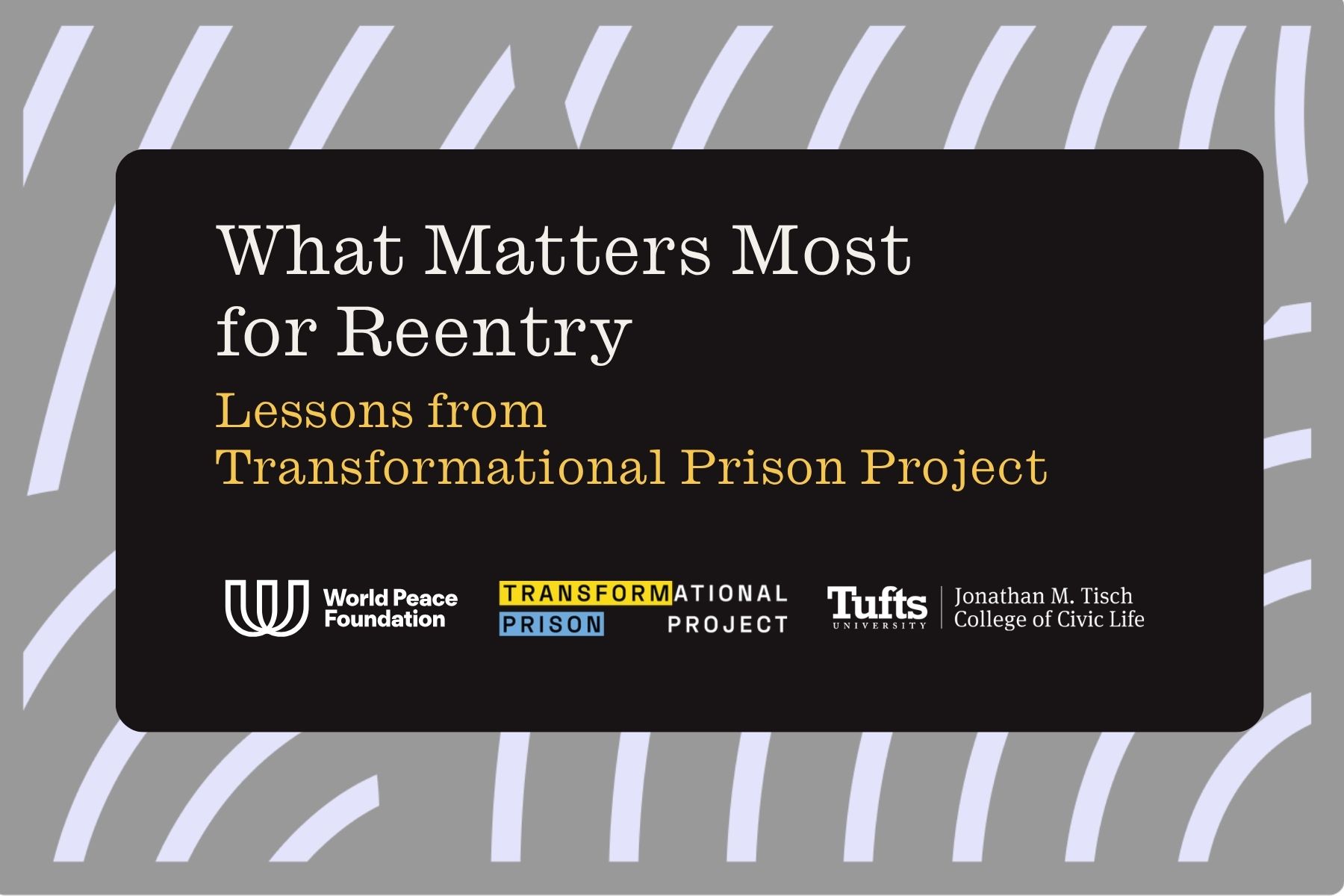Image: Caution sign, San Diego, CA (Stephenie Young)
In the 2020-2021 academic year, with the support of a Tufts Collaborates Seed Grant Program/Tufts Springboard, The Diversity Fund, and the World Peace Foundation, the Tisch College’s Director of Public Humanities, Diane O’Donoghue, and WPF’s Research Director, Bridget Conley, have organized a series of five panels over the academic year that brings together leading international voices in areas of forensic ethics to address the materiality of post-life.
Session Five, “The political economy, ethics and practices of displaying human remains,” took place on April 14, 2021, and included presentations by Elisabeth Anstett, Social Anthropologist, Centre National de la Recherche Scientifique (CNRS) and Université d’Aix-Marseille, Stephenie Young, Professor in the English Department and Research Associate for the Salem State University (SSU) Center for Holocaust and Genocide Studies, and Ereshnee Naidu–Silverman, Senior Director for the Global Transitional Justice Initiative of the International Coalition of Sites of Conscience.
Presentations:
- Elisabeth Anstett: “On the Necroeconomy”
- Stephenie Young: “Trash Aesthetics: Obscured Scenographies of Violence at the U.S./Mexican Border”
- Ereshnee Naidu–Silverman: “Reflections on the practice and practicalities of displaying human remains”



